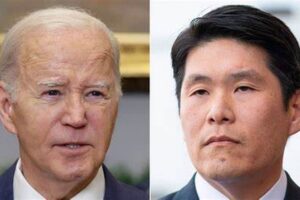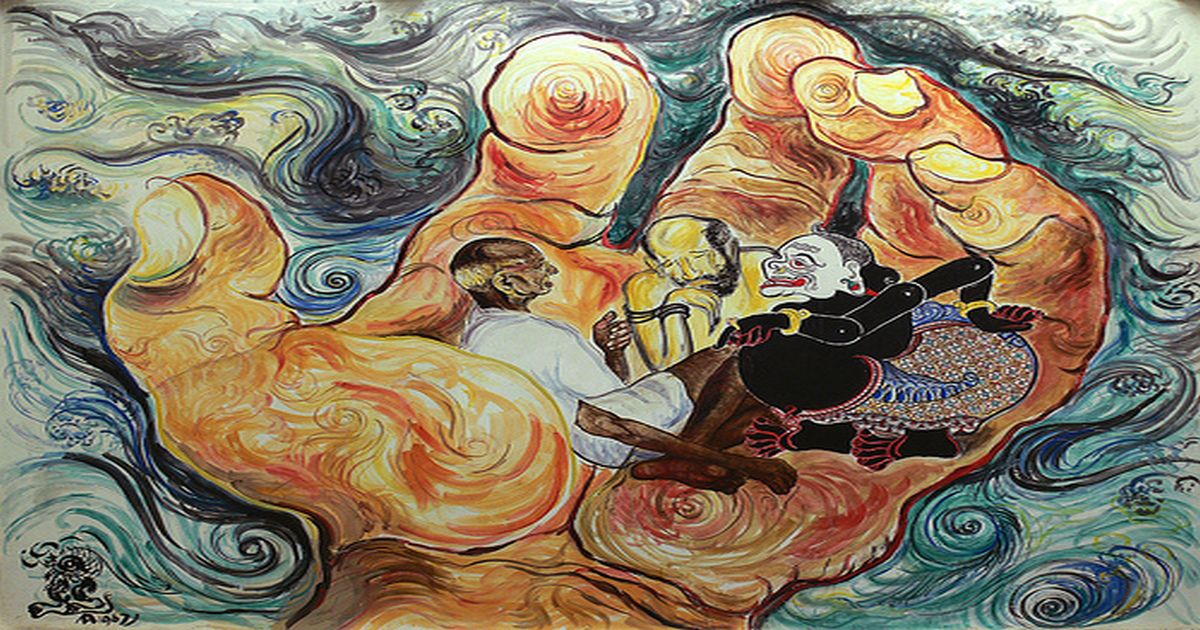
It is for the incredible richness of the Sanskrit language, a renowned linguist, Sir William Jones, who came to India as a judge, first translated Kalidasa’s Shakuntala from the original Sanskrit into English in 1789. This stirred the minds and hearts of top European intellectuals that include Johann Goethe, Gottfried Herder, Friedrich Schiller, August Schlegel, Wilhelm von Humboldt, et al.
Very impressed by the language and its philosophical plot, the father of German literature – J. Goethe, learned Sanskrit on his own. And, he plunged into this ancient play Shakuntala for the whole thirty years. He even wrote an insightful poem eulogising this play. Again, George Forster translated this Kalidas’s work into German in 1791. In some decades, forty-six translations sprouted in fourteen European languages. On the other hand, the translation of the Bhagavad Gita by Charles Wilkin in 1784 and Upanishads by Anquetil Duperron in 1801 opened up unprecedented vistas for the philosophical regeneration hitherto unknown in European literature. The doctrines of Vedanta such as ‘Oneness of the universe’, interdependence and inter-connection of all entities and all particles, seemed very plausible to the philosophically rational psyche of the western scholars. Again, one of the fathers of Modern linguistics Franz Bopp and a great philosopher Friedrich Schlegel, both from Germany, laid the revolutionary foundation of comparative linguistics by freely borrowing from Panini’s Ashtadhyayi which was later further developed by the language giants like Ferdinand de Saussure, Leonard Bloomfield and Noam Chomsky. Panini, who was an enlightened sage of 4th BC India, was the first to systematically put down the comprehensive Grammar of the Sanskrit language. This treatise consists of about 3959 sutras that can handle the nuances and intricacies of any language in the universe, empirically and anatomically.

Having been too bewitched by the Sanskrit language, a most renowned American linguist, Leonard Bloomfield exclaims: “It was in India, however, that there arose a body of knowledge which was destined to revolutionise European ideas about language. Panini Grammar taught Europeans to analyse speech forms; when one compared the constituent parts, the resemblances, which hitherto had been vaguely recognized, could be set forth with certainty and precision.” Yes, here at home, we prefer to call Sanskrit a dead language, and instead, with enthusiasm, we choose to learn German and French
There are countless western scholars and scientists who have overwhelmingly acknowledged the exceptional richness of the Sanskrit language, wherein they saw an immense scope in the development of any area of study. Voltaire, Hegel, Schopenhauer, Emerson, Henry Thoreau, Leo Tolstoy, TS Eliot, Niels Bohr, Schrödinger, Heisenberg, Oppenheimer, Mark Twain, Carl Jung, J. D. Salinger, and others learned Sanskrit or studied Sanskrit literature to strengthen their intellectual prowess.
John Archibald Wheeler, a famous modern physicist who first coined Black Hole and Warm Hole and occupied the chair that had previously been held by Albert Einstein, enthuses: ‘One has the feeling that the thinkers of the East (INDIA) knew it all, and if we could only translate their answers into our language we would have the answers to all our questions.’ With the same vigour bursts out another physicist Niels Bohr: “I go into the Upanishads to ask questions”. Bohr made unparalleled contributions to the studies of atomic structure and quantum theory, for which he received the Nobel Prize in 1922.

Here are my few earnest questions: had all these rational thinkers, scientists and writers whose theories, whose principles, whose formulae and equations and whose literature we study in schools and colleges and thus claim ourselves as academically qualified, gone crazy to heap high praise on Sanskrit and its literary treasure troves? How can we claim to be Indian when we joyfully belittle and undermine our own heritage? What is it that makes us see only flaws in our Mother
even without ever making a bit of genuine effort to know and realise her uncanny virtues?
I don’t think we have ever seen any country in the world whose citizens speak ill of their heritage, tradition and values, however archaic, rustic, and crude they may be. Why does it touch our raw nerves when someone appreciates the values and culture of the native land? Sanskrit and the myriad scriptures produced in this grand language is as resplendent as the ‘Sun ball’ over our head. Can you ignore the Sun? I don’t think the great American philosopher Ralph Waldo Emerson was a big fool to announce with vehemence: ‘The Vedas haunt me. In them, I have found eternal compensation, unfathomable power, unbroken peace’. Should it not call for a dispassionate introspection and thus our self-correction and reawakening?
Visits: 125




































